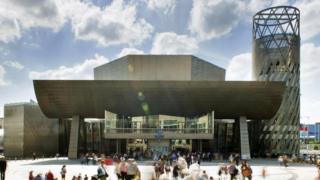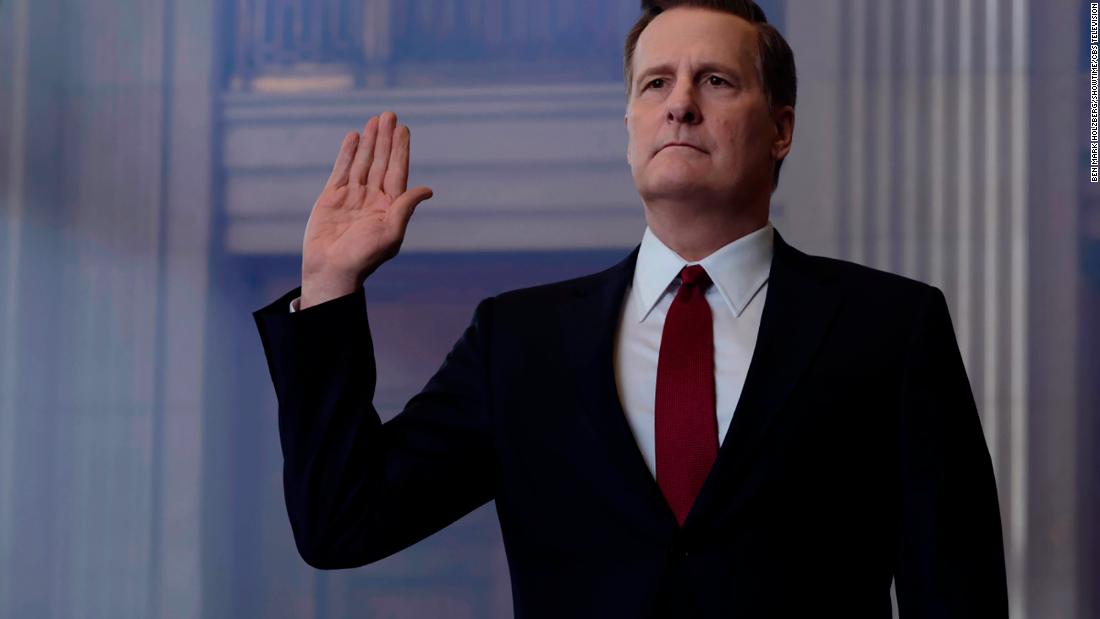 Image copyright
The Lowry
Image caption
The Lowry will be a courthouse during weekdays, and an arts centre in the evenings and weekends
Image copyright
The Lowry
Image caption
The Lowry will be a courthouse during weekdays, and an arts centre in the evenings and weekends
Two theatres in The Lowry arts centre in Salford are to be converted into makeshift courtrooms to help clear the current backlog of cases.
It's one of the latest venues to be taken over as a so-called 'Nightingale' court by the Ministry of Justice.
The arts venue will host trials in three temporary courtrooms during the daytimes from Monday to Fridays.
In the evenings and weekends, the venue will stage shows and open its galleries again using funds from the court deal.
The Lowry saw about 95% of its income disappear overnight when it shut in March, and has now lost £16m income, chief executive Julia Fawcett told BBC News.
'Absolutely key' to staging shows
The real-life courtroom drama will subsidise socially-distanced performances, which wouldn't be otherwise financially viable, she said.
Two shows - Six, the musical about Henry VIII's wives, and The Gruffalo - will be on the main stage at evenings over Christmas. During the day, trials will take place in the building's two smaller auditoria, the Quays and the Studio, as well as a conference suite.
The seats will be removed from the two theatres. "We won't be having everyone sitting in the stalls and the judge being up on stage, it won't be like that," Fawcett said. The building also houses art galleries dedicated to LS Lowry.
"Being able to enter into this partnership with the courts is absolutely key to us being able to begin the engagement with our audiences, to be able to put work back on the stages, to open up our galleries," Fawcett said.
"That would not be possible without this partnership at this point in time."
The Lowry's temporary courts will host criminal, civil, family and tribunal hearings. Pre-lockdown, the crown court backlog in England and Wales stood at some 37,000. It is now over 46,000.
The venue approached the Ministry of Justice several months ago after realising full audiences would not be able to return for some time, meaning "we had to consider very seriously the financial sustainability of our organisation", Fawcett said.
"Although it sounds unlikely at first pass, it seemed to us that the courts have a need for capacity because of social distancing, we have a desire to get our buildings and programmes open, and taking the two challenges together allows us to begin to see the building reopened."
Meanwhile, The Lowry is planning its own job retention scheme after furlough ends at the end of October, under which staff will have the option to stay on in a reduced capacity, working only 20% of their contracts on 20% of their pre-pandemic pay. That will avoid mass redundancies, Fawcett said.

 5 years ago
1235
5 years ago
1235 

